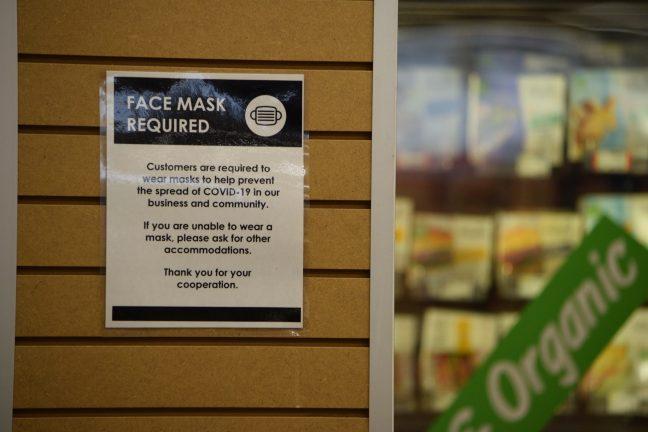The University of Wisconsin announced Wednesday the institution will extend its indoor mask mandate until Jan. 15, 2022.
In a message to students Wednesday night, Chancellor Rebecca Blank said the mask policy will be reviewed in mid-January with consideration for public health guidance and COVID-19 prevalence on campus.
“The extension to mid-January will help reduce health concerns during a time when many members of the campus community are traveling and when COVID-19 cases are rising again in other parts of our state and region,” Blank said in the statement.
The decision comes after Public Health Madison & Dane County announced earlier this month they have no plans to renew their mask mandate, which expires on Nov. 27.
The university’s vaccination requirement for employees — including student hourly positions — will not be affected by the recent federal court decision halting the vaccine requirement for large private employers, Blank said in the statement.
All employees must be vaccinated by Jan. 4, 2022 in accordance with President Joe Biden’s executive order. If UW employees do not comply with the vaccination requirement or receive an eligible exemption, they could face sanctions beginning with education but possibly leading to termination.
Blank also announced COVID-19 testing requirements for students returning to campus after Thanksgiving break. Students who are unvaccinated and required to test weekly must receive a COVID-19 test within 24 hours of returning to campus to avoid sanctions.
Students must request an exemption for testing if they will be away from campus during the week of Thanksgiving.
UW students currently have a 95% vaccination rate and many students are now eligible for boosters shots.
Blank said these are important steps toward combatting the virus, but the campus must remain vigilant during the winter season to prevent the spread of COVID-19 and other upper respiratory illnesses.
“While these are uplifting indicators of effective public health interventions, it is important that we continue to take precautions to keep COVID-19 case numbers low and our community healthy,” Blank said in the statement.


